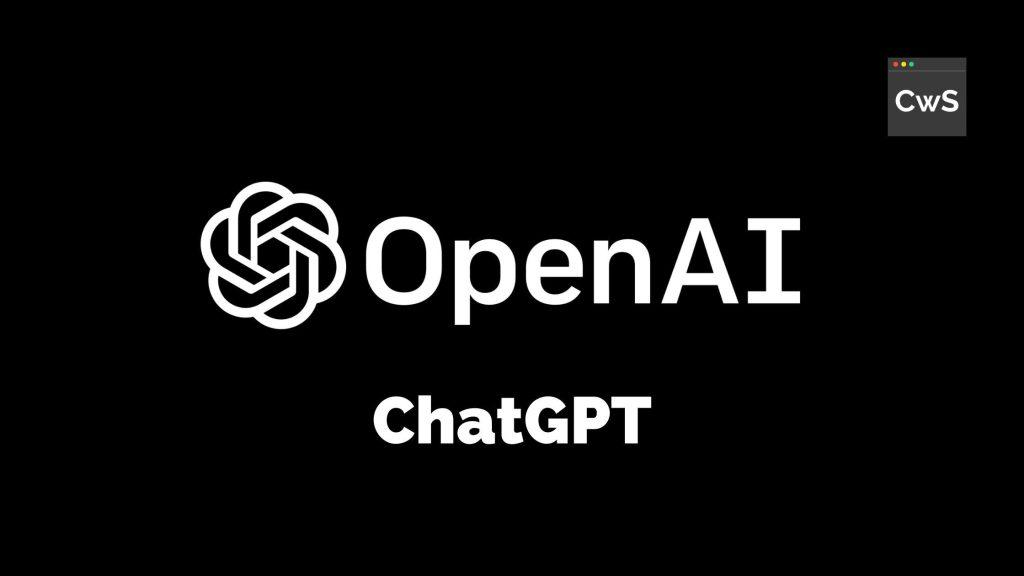Israel’s high-tech sector now represents 20% of the nation’s economic output, as reported by the Israel Innovation Authority (IIA) on Tuesday. The IIA urged the government to invest more to accelerate tech growth.
In its 2024 State of the High Tech Sector in Israel report, the state-funded authority noted that despite the ongoing eight-month conflict with the Palestinian Islamist group Hamas in Gaza, the tech sector continues to expand, though at a slower pace compared to 2021 and 2022. The sector remains Israel’s primary growth driver, accounting for 53% of total exports.
Last year saw the creation of 600 new startups, with tech firms raising $8 billion in 2023, a 55% decline from 2022. Israel currently hosts around 9,200 tech firms employing a workforce of 400,000.
Dror Bin, the IIA’s chief executive, highlighted that while his budget has increased to support initiatives totaling $250 million to assist startups struggling to raise funds due to the war and a challenging global funding environment, the state needs to “double down” on tech investments.
“Israel lacks substantial natural resources – we are not an oil and gas powerhouse,” Bin told Reuters. “As a country bordering a desert, we also have limited water resources. Our primary natural resource is the intellectual capacity of our people, and we must ensure this continues to thrive and expand.”
Innovation, Science, and Technology Minister Gila Gamliel echoed this sentiment, emphasizing that innovation is Israel’s most vital resource and the government must continue to support companies and develop the necessary infrastructure.
Bin expects 2024 to mirror last year in terms of funding challenges, but noted that foreign investors remain active, recognizing the long-term potential and attractive valuations of Israeli tech firms. He expressed a desire for increased domestic investment.
Cybersecurity and fintech remain the most attractive sectors for investors, but climate tech is also gaining traction, accounting for one in six new startups as entrepreneurs address global challenges such as climate change, food and water security, and healthcare for an aging population.
Approximately 8% of tech workers were called into army reserve duty, while others volunteered, leading to new connections and insights into various civilian and defense needs.
Bin predicted that following the war, there will be a surge in new startups in Israel due to the unprecedented experiences and connections formed since October 7.














